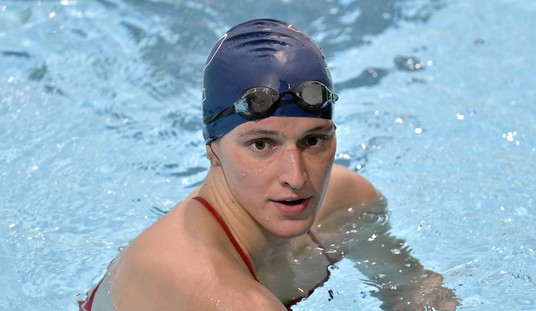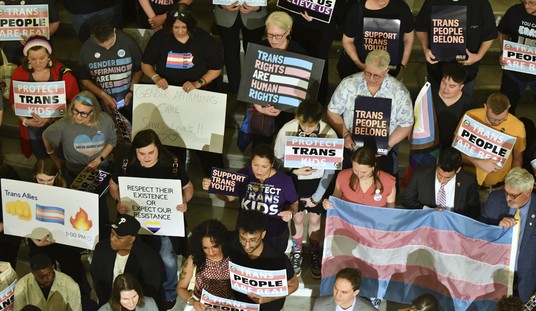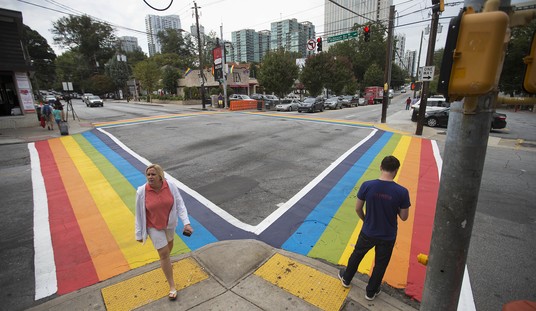The morning after Hosni Mubarak’s step-down, I entered Video Cairo’s offices at 8:00 a.m. I had been awake most of the night covering Tahrir Square celebrations, and I was working on my next story — the requisite “day after” reactions, mood on the street, ongoing celebrations, and “what next?” piece.
As I checked online and waited for my camera crew to gear up, Gohar — the Egyptian production house owner — addressed me in hushed tones:
We hear that a major CBS anchorwoman was beaten up last night at the square. She’s in intensive care. Apparently she came over with a bunch of bodyguards and they were beaten up too.
My stomach flipped:
What? Who was it? Are you sure? Oh my God. Do you think it was because of the bodyguards? Were they American?
No reply. Assuming it was Katie Couric, I searched the Internet for news and emailed several friends in different countries to find out if they’d heard anything. I also tried a search on Lara Logan thinking maybe she had tried to come back into the country. Nothing.
Perhaps it was false? But Gohar is a respected, connected journalist with decades of experience. He accompanied Anwar Sadat on his historic trip to Israel, and he was working camera when Sadat was assassinated. Industry notables like Charlie Rose and Thomas Friedman had been milling about his Cairo facility all week. “If Gohar’s mentioning it,” one of his producers suggested, “it’s true.”
But there was nothing about it anywhere. For days. So I pushed the story aside.
I’m a correspondent for China’s CCTV English. I’m not tall or blonde nor am I hugely famous. But I’m reasonably attractive. And I traveled solo to Cairo to cover the revolution. I was terrified of being on my own, but I knew I would be working with an Egyptian producer and camera crew, and that helped me feel more secure. I prefer working with locals who know the score and speak the language.
But Gohar’s news had turned my blood icy and made me panic. I didn’t want to go out onto the streets anymore.
Because I had been in the square the night before. Egyptians that had fed off of the intense energy of an 18-day overthrow were now whipped into a frenzy bordering on chaos at Tahrir Square. Ostensibly they were happy, but that’s not how it felt.
When news came down of Mubarak’s departure, I ran to Video Cairo to hook up with my crew. We rushed out to the epicenter: Tahrir Square.
My crew was comprised of Nasser and Mahmoud. Nasser is a dark-skinned Sudanese whose soft-spoken nature belies years of covering upheaval in hot spots like Cairo, Mogadishu, Belgrade, and Beirut. Mahmoud is hulking, musclebound, and light-skinned with an infectious sense of humor giving way to menacing body language: “Mess with me, you’ll regret it.”
The square was pandemonium. Shouting, honking horns, screaming, pushing, shoving and everyone seemed to be headed to the square center. It was madness. I suggested to Nasser we not venture deep into the square. I knew what happens when the camera light switches on at night — hundreds swarm and surround you within seconds, and a terrifying “anything can happen” sensation becomes palpable.
But on came the camera light, and we were engulfed. Poking. Prodding. Sticks in my back. Angry, demanding tones: “Al Jazeera? Egyptian television?”
Both were public enemy #1; to be suspected of working for either was to be condemned to the mercy of the mob.
I would like to believe that my pigeon Arabic worked in my favor: “No, no, no! Not Jazeera. Chinese Television. English. Do you speak English? I only speak a little Arabic.”
If the surrounding mob wasn’t frenetically screaming, they reflected. English language. Chinese. “But you don’t look Chinese.” China’s political orientation is vague to many, another point I would like to think worked in my favor. After contemplation, the crowd would generally rally.
“Who speaks English? Who speaks English?” They would query each other, searching for a suitable interviewee. If they began screaming loudly or chanting, I signaled in Mid-East fashion with upside down, cupped hand, thumb and middle fingers touching: Hang on. And I’d say in Arabic: “Wait a minute. Wait. I can’t hear.”
When we’re interviewing, the camera and sound men stand behind me as I hold up a microphone to the crowd. It’s me against the crowd with the crew at my back. As we made our way through the crowds, Mahmoud and Nasser formed a sandwich with me in the middle. I held onto Nasser’s gear backpack or his pants, frightened of being separated or of losing them. Mahmoud guided me from behind. I was sweating and my stomach was in knots.
Luckily, our interviews generally ended with an all-around good feeling. The masses and myself wishing each other well in Arabic, and everyone going along his or her way. But I was well aware of the precarious nature of the energy that had, hours ago, been expressed as fury. And I was aware that that energy was still present as mostly young men pressed right up against me, breathing down my neck, grabbing my arm, fingers prodding my back.
During our interviews that night, Nasser abruptly cut the light and pulled me out by the hand. Later, at the office, he told me things were getting dicey. He had decided to quit the scene. Always defer to the locals who know, I’ve been advised. I never even thought to question him.
We only had to turn on that camera light twice — once for crowd interviews, and the second time above the celebrating masses for my on-camera sign-off atop a burnt-out army vehicle. There was no way I was doing my sign-off at street level; it would’ve been too dangerous. We got our pictures, interviews, I did my sign-off, and we split. There was no need to loiter and the three of us agreed we should get out.
Days later, departing Cairo, I ran into some colleagues at the airport from Spanish television. We discussed the events of the past week and concurred: so often in this profession when it comes down to the wire, safety is not about how skilled, connected, instinctive, or experienced a person is, although all of those assets are invaluable.
It comes down to luck. Sheer luck. And when it runs dry, that’s it. I don’t know the details of what happened to Lara Logan at the square. I can imagine it all too well, though. And when I heard the news on Tuesday I was heartsick: My God. That could’ve been me.









Join the conversation as a VIP Member